What is the recognition of a citizen as dead? What legal provisions should be implemented?
Legislative regulation
The legal framework is small:
- GK.
- GPC.
Police actions in the search for a citizen who allegedly disappeared are governed by laws on the police and on operational-search activities.
There are a number of instructions issued by the Ministry of Internal Affairs, but they are almost never published or repeat the provisions of the current legislation. In addition, the court takes into account only the norms of the Civil Code and the Civil Procedure Code. Other regulations are of secondary importance.
Where to go
Recognition of a citizen as dead and missing is the prerogative of the court exclusively; other bodies do not interfere in it. Previously, notaries dealt with these issues, but later the relevant powers were transferred to the courts.

The decision is made based on the results of consideration of the application as part of a special proceeding. It is submitted by an interested person or a prosecutor or other body protecting the interests and rights of other citizens, in particular, the children of a missing person.
Grounds for recognizing a citizen as dead
The application is sent to the court if there is no information about the person for at least 5 years in his place of residence. Documents are accepted at the place of residence of the person initiating the process.
If during the loss of a person there was a threat to life or an accident was likely, the period is reduced to 6 months.
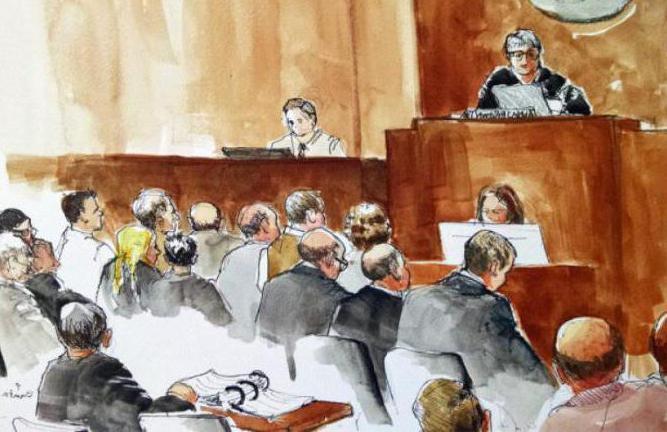
With respect to the military or those who disappeared during the course of hostilities, the recognition of a person as dead is allowed no less than two years after the hostilities ended, during which he disappeared.
Does the law allow a citizen to be recognized dead for other reasons? No, the list is exhaustive; no additions are required.
Preparation for trial
What papers are needed to recognize a citizen as dead?
Information about the registration and accommodation of a person is taken from the management organization serving the apartment building. If he lived in a private house, then the papers are issued exclusively by the police, in the passport office.

The next step is to contact the police. Its employees start an operational search business. In fact, search activities are carried out formally due to paper workload. The search materials are the main document confirming that the person really disappeared, and they tried to look for him. The actions of the police are often just a formality, but you can’t do without papers from the Ministry of Internal Affairs.
Disappearance as a result of the disaster is confirmed in part by documents from the Ministry of Emergencies and the police.
In the case of military personnel, papers are issued by the commander of a military unit or unit in which the citizen served. If the part is disbanded, an archive certificate is issued.
As materials for the court, the results of requests to hospitals, other institutions, testimonies, etc. are suitable.
How to make a statement
The application is made taking into account its consideration in the special proceedings:
- name of the court located at the place of registration;
- interested parties (applicant, prosecutor's office), their full name, address and full name if the organization is involved;
- circumstances of disappearance (in the case of military or missing in connection with hostilities, the day of their end is marked);
- reasons forcing to apply to court (assigning a pension to a child, desire to marry, etc.);
- a request to declare a person dead;
- transfer of documents attached to the application.
Signature and filing date.
The plaintiff and other parties to the case have the status of an interested person.
The procedure for declaring a citizen dead makes the participation of the prosecutor's office inevitable, regardless of whether it is the initiator or someone else.
Some formalities
The number of copies of the application and the attached documents is filed according to the number of named participants, at least as a set for the court and the prosecutor's office.
Court services are paid by the state fee in the amount of 300 rubles. If some of the formalities are not met, the court will leave the application without consideration and give time for the deficiencies of the application to be eliminated.
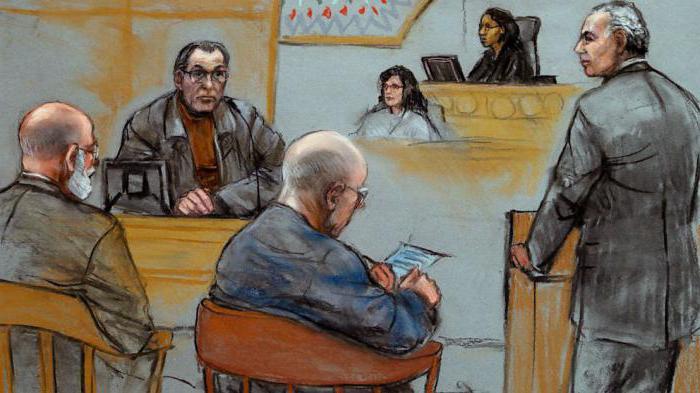
If for some reason the applicant fails to comply with the court order on time, he will be returned the application. If there are no obstacles, a meeting day is appointed.
Case review
The judge, having found out that the application meets the formal requirements, calls the participants in the process. Next, the question of considering the materials without the participation of those who did not appear is decided. If absentee participation is important, the court adjournes the proceedings.
The law requires you to send inquiries to a judge, but it is advisable to make them before filing an application. If the court deals with the requests, no one will respond faster to them, and there is a chance that they will deal with the case in one meeting.
In addition, judges, like other officials, do not like to do extra work. A request on behalf of the court is submitted if the applicant has previously been refused or other obstacles have arisen.
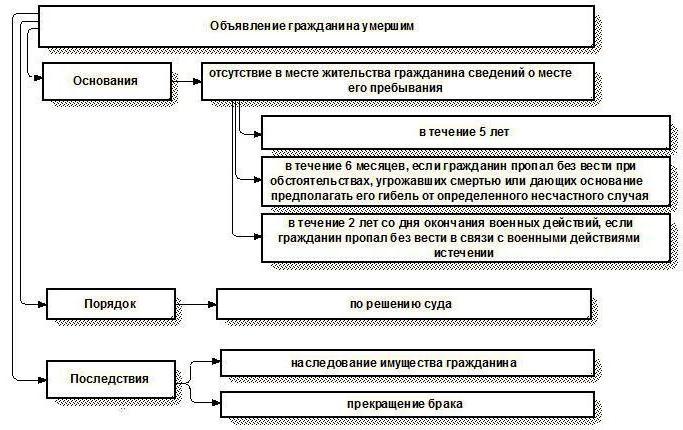
Photographs, testimonies, any materials that are available may be provided to the court.
The call of witnesses can be written in a statement, but then a request for their call is still filed. Previously, the judge is informed about what they will tell.
Proceedings in such cases have one feature. A judge has the right to request documents, call witnesses and take other procedural actions at his own discretion. The absence of a petition by a party is not an obstacle for the court to take procedural actions.
The court's decision
The court ruling recognizes the fact of death or absence without any information about the person.
The decision takes effect after 30 days. It serves as an interim document, in particular, benefits are drawn up upon its presentation, etc.
What is the difference between recognizing a citizen as missing and declaring dead?
In a judicial act, the date of death is the day the decision is made, or the date when, in the opinion of the court, the accident occurred.
What does a court decision entail
The consequences of recognizing a citizen as dead:
- the property left after the person becomes an inheritance;
- termination of registered marriage;
- obligations that are not transferred under the inheritance (payment of alimony, compensation for harm to life and health) are terminated.
If a person was recognized dead and he is alive, this does not mean that he does not have the right to enter into transactions, he has lost other rights. The issue lies solely in legal formalities, and a person is not limited in rights.
What is the difference with declaring missing
The difference lies in several points:
- absence of a person during the year at the place of residence;
- recognition as absent does not mean recognition of the fact of death.
It is easier for policemen to form search material, because there is no need to wait 5 years.
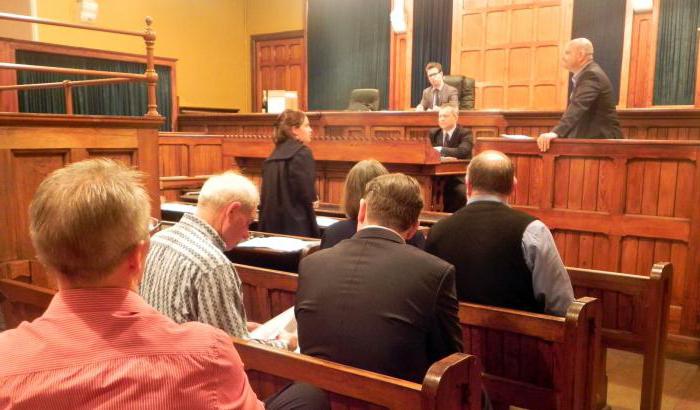
An application to the court is filed in the same way. The difference is in formulating a request to the court.
It is much easier for a judge to declare a person absent. Why? If the fact of an unknown absence is recognized, then no questions arise with the inheritance. Guardianship authorities are required to select the person responsible for the property and conclude a trust management agreement with him.
The family still gets the right to benefits and pensions from the state (by loss of the bread-winner).
At the same time, a missing person can continue to live somewhere.After all, it happened that a person was leaving his family or hiding from creditors.
The marriage does not end automatically, but at the request of the second spouse. The civil registry office terminates the marriage at the request of the person and the provision of a court order. The service is paid by state duty.
Cancel decision
The appearance of a citizen who was previously considered dead entails the cancellation. It is filed in the same court that decided earlier. The judge’s task is to make sure that the person who appears is truly what he appears to be.
Dates of going to court
There is no additional time limit for these cases. Recognition of a citizen as deceased is canceled immediately, the record of his death is canceled.
Heirs are obliged to return the property. Marriage restoration is permitted if the second spouse does not yet have a new family.
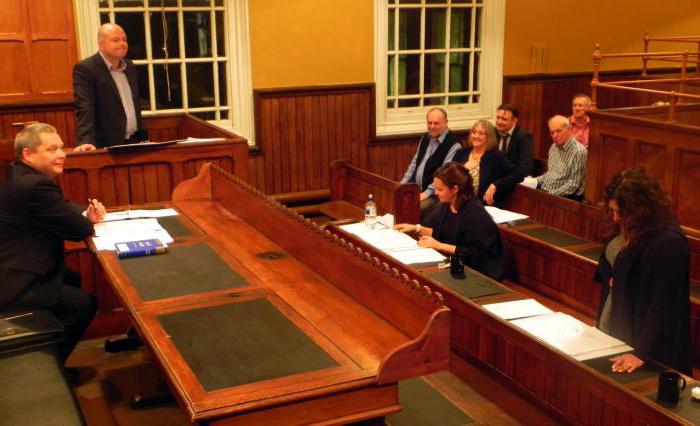
If the second spouse has not entered into a new marriage, the renewal of the old is carried out exclusively with mutual consent.
With the appearance of the missing person, the court decision and the consequences of its adoption are also canceled.
Thus, despite the similarity of the two legal institutions, recognition of a person as dead or missing leads to different consequences. And preference is given for missing.